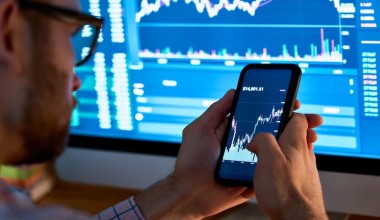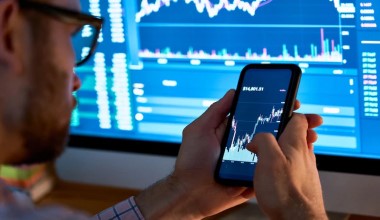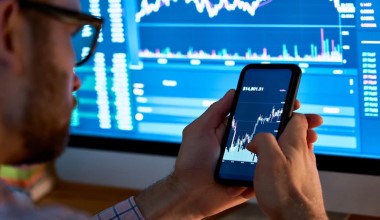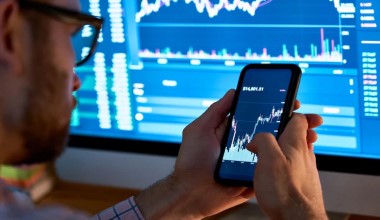
Where do you fit in the market?
|
Table of Contents : Middlemen in the Market 1. Public Limited company(PLC) 2. How does the stock market operate? 3. What makes the stock price move? 4. How do people buy and sell the stock the stock get traded? 5. What occurs once one acquires stock? 7. Where do you fit in the market? |
Every person who works in the market has their own way of doing things. The style changes as you learn more about the market and see how it goes through waves. How you do in the market is also affected by how much danger you are willing to take. You can be called a trader or an investor no matter what you do.
A trader is someone who sees a chance and makes a trade with the goal of making money by getting out of the trade as soon as possible. Traders generally only look at markets for a short time. Traders are always alert and on the lookout for chances based on risk and reward during market hours. Traders don't have a preference for going long or short. Later, we'll talk about what it means to "go long or short."
There are various kinds of traders, such as:
Day Traders:
Day traders buy and sell financial instruments within the same trading day, aiming to capitalize on short-term price movements. They typically close out all positions before the market closes to avoid overnight exposure to market risks.Swing Traders:
Swing traders hold positions for a few days to several weeks, aiming to profit from short- to medium-term price swings or trends. They may use technical analysis to identify entry and exit points based on chart patterns, trends, and momentum indicators.Position Traders:
Position traders hold positions for weeks, months, or even years, based on their analysis of long-term trends and fundamental factors. They often have a more macroeconomic view and may use a combination of fundamental analysis and technical analysis to make trading decisions.Scalp Traders:
Scalp traders aim to profit from small price movements by executing a large number of trades within a short period, sometimes holding positions for just seconds or minutes. They rely on high-speed trading platforms and often use leverage to amplify their returns.Algorithmic Traders (Algo Traders):
Algorithmic traders use computer algorithms to execute trades automatically based on predefined criteria, such as price movements, volume, or market indicators. These algorithms can analyze market data and execute trades much faster than human traders, often engaging in high-frequency trading (HFT) strategies.Quantitative Traders (Quants):
Quantitative traders use mathematical models, statistical analysis, and programming techniques to identify trading opportunities and manage risk. They may develop complex algorithms and trading strategies based on quantitative research and historical data analysis.Market Makers:
Market makers provide liquidity to the market by continuously quoting bid and ask prices for financial instruments. They profit from the spread between the buying and selling prices and aim to minimize their exposure to market risk through hedging strategies.Arbitrageurs:
Arbitrageurs exploit price discrepancies between different markets or financial instruments to profit from risk-free trades. They may engage in various forms of arbitrage, such as statistical arbitrage, merger arbitrage, or triangular arbitrage.










Post Comment